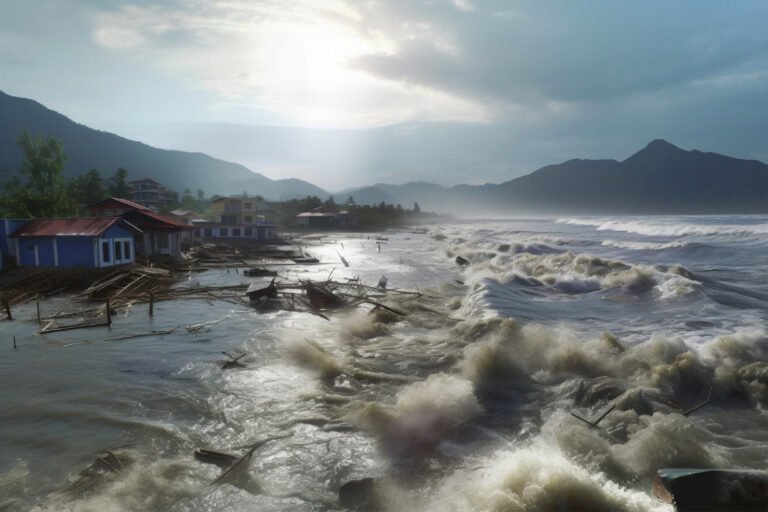UN Secretary-General Calls for Action on Extreme Heat
The United Nations Secretary-General has issued a global call to action to address the rising threat of extreme heat, which is affecting millions of people around the world. Extreme heat is increasingly deadly, with estimates showing that heat-related deaths numbered approximately 489,000 each year between 2000 and 2019. It has economic impacts as well, leading to massive income losses, and the climate crisis is making this heat more frequent and severe. This call to action highlights the need to care for the vulnerable, protect workers, boost resilience, and limit temperature rises to 1.5°C.
Key Points
- Care for the Vulnerable: Policies must prioritize protecting vulnerable communities, such as the elderly, young children, and those in poverty, who are disproportionately affected by extreme heat.
- Protect Workers: Many workers, particularly those working outdoors or in poorly ventilated areas, face significant heat-related risks. Measures need to be taken to ensure worker safety through adequate health and safety regulations.
- Resilience: Boosting resilience to extreme heat includes measures such as investing in cooling technologies, improving energy efficiency, and using urban planning to reduce the urban heat island effect.
- Limit Temperature Rise: The call to action stresses the importance of limiting global temperature rise to 1.5°C by accelerating the phase-out of fossil fuels and investing in renewable energy sources.
Extreme heat is a significant threat to lives, livelihoods, and the environment, and urgent action is needed to mitigate its effects. Policies aimed at reducing risks, such as Heat Action Plans, and measures to protect both vulnerable populations and workers can help save lives and reduce economic losses.







